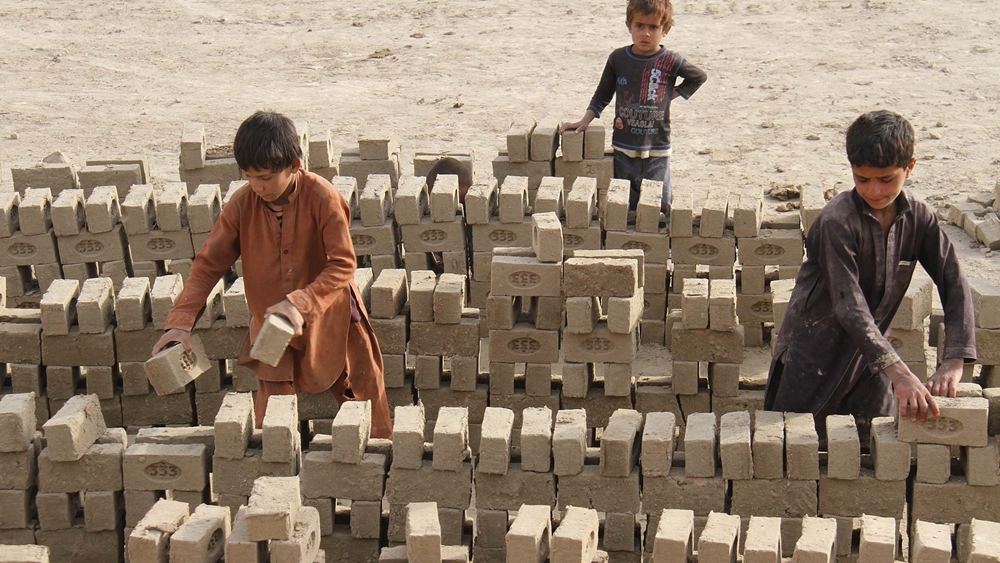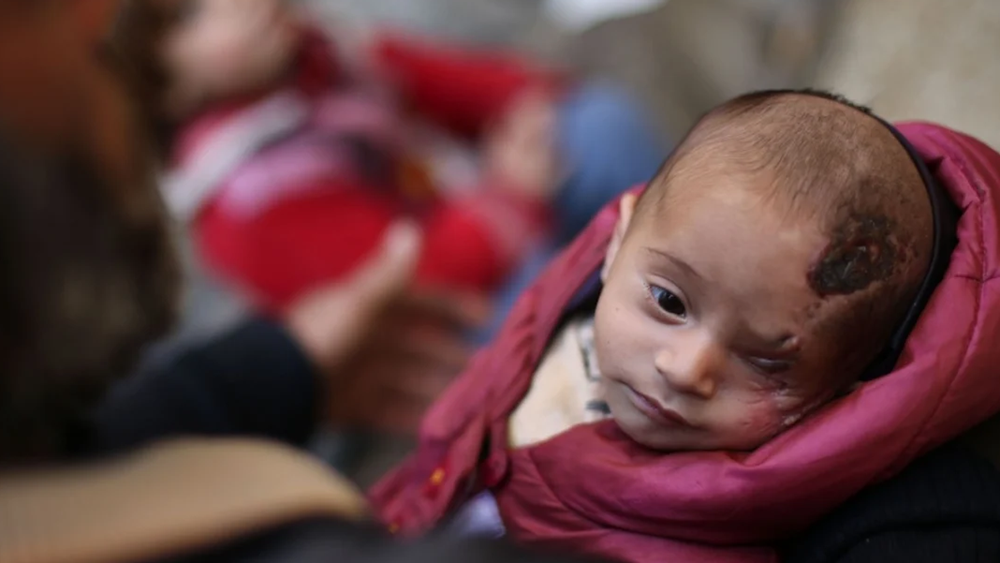
Three-year-old Aylan Kurdi is drowned in the Mediterranean Sea, September 2, 2015. /CFP
Three-year-old Aylan Kurdi is drowned in the Mediterranean Sea, September 2, 2015. /CFP
"Every war is a war against children," said Eglantyne Jebb, who founded Save the Children, a humanitarian organization for children, in the United Kingdom in 1919. It's especially important to recall her word on Wednesday - a day that marks the annual World Day of War Orphans.
Initiated by the French organization SOS Enfants en Detresses, the day was created to raise awareness about children who have been orphaned due to wars.
Though free from large-scale wars such as the two world wars in the first half of the 20th century, children nowadays have to endure the burden and pains brought by regional conflicts in the world.
The number of children living in high-intensity conflicts in 2019 rose by two percent from 2018 to stand at 160 million, according to a report titled Stop the War on Children, which was published by Save the Children.
The report showed that 426 million children were found to live in conflict zones in 2019, which is the second-highest total ever recorded.
Here are some stories about children in conflict zones.

Afghan children work hard at a local brick factory in Kabul, Afghanistan, October 8, 2016. /CFP
Afghan children work hard at a local brick factory in Kabul, Afghanistan, October 8, 2016. /CFP
Killed, orphaned, sold: Afghan war takes brutal toll on children
Afghanistan's 17-year-long war hit children the hardest. In the first nine months of 2020, nearly 1,900 children were killed or disabled, according to a UN report on the cost of civilians during the Afghanistan War beginning from October 2001.
An Afghan man sold his forty-day-old baby to his neighbor. "I sold him for 70,000 afghanis ($895) so that my other children would not die of hunger," said Mohammad Khan, father of seven children.
In the war-torn country, aid workers were reported to say that a growing number of children orphaned or forced to work in the streets.
Zabiullah Mujahed, 14, was used to polishing shoes on Kabul's streets to earn up to 100 Afghanis ($1.28) per day. The money is critical to support himself, his mother, and six siblings after his father was killed in a Taliban suicide attack years ago.

Syrian baby Karim Abdallah lost his left eye and his mother in the bombing in the eastern suburbs of Damascus, Syria, December 4, 2017. /Reuters
Syrian baby Karim Abdallah lost his left eye and his mother in the bombing in the eastern suburbs of Damascus, Syria, December 4, 2017. /Reuters
Two Syrian babies' photos rouse empathy from people around the world
In 2015, an image of three-year-old Aylan Kurdi made global headlines after he drowned on September 2, 2015, in the Mediterranean Sea. The disaster trip for the toddler was planned to escape the civil war.
The photo of a toddler's body drew international concern over the refugee crisis. Then French President Francois Hollande reportedly said that the picture must be a reminder of the world's responsibility regarding refugees.
In 2017, an image of a Syrian baby's striking scar trailing down what used to be his left eye had sparked a global campaign of solidarity, with people around the world posting photos on Twitter of themselves covering one eye.
Amer Almohibany, a Syrian freelance photojournalist documenting the war-torn country, said he was haunted by the two-month-old Karim who lost his eye and mother in the bombing in eastern suburbs of Damascus. "I was putting my eye on the viewfinder, and I was truly crying as I am seeing Karim through my camera. I knew that his story was not going to pass through like any other."
Almohibany then posted a photo on Twitter of himself covering his eye, along with photos of baby Karim with the hashtag #SolidarityWithKarim. The campaign inspired many others to tweet photos of themselves with one hand over their eyes.
"I was so happy with people's interactions," Almohibany said.
(With input from Reuters)

